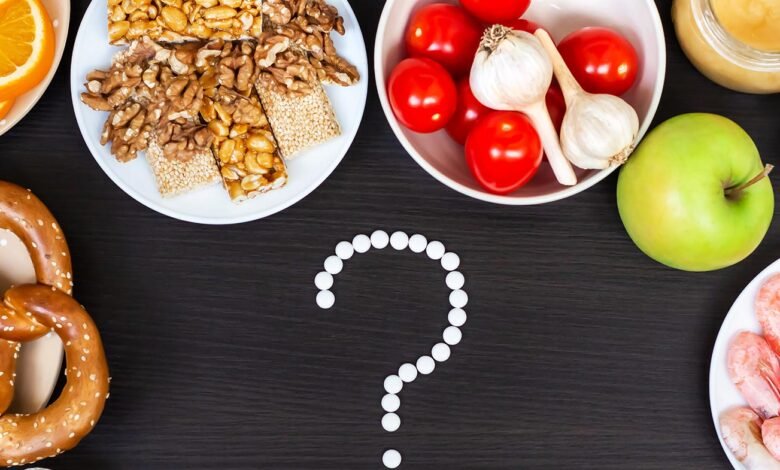Food Allergy Or Food Intolerance?

Why there is food allergy or food intollerance? The unpleasant sound of your stomach rumbling may be the first sign. You might feel compelled to excuse yourself and dash to the closest restroom. You might even have trouble falling asleep.
You might be concerned that a sudden reaction to food is an indication of a food allergy. if this has happened to you. Instead, you can be sensitive to or have an intolerance to a particular food.
The distinction between the two must be understood. A food allergy can result in a serious or life-threatening reaction, whereas a food intolerance to anything you ate can make you feel uneasy.
According to allergy and immunologist Dr. Ashika Odhav, the digestive system reacts to food intolerance.
Read More: 8 Best Foods That Eliminate Fatigue
Food Intolerance Signs And Symptoms
The following are examples of typical food intolerance symptoms:
- Abdominal gas
- Bloating
- Continent pain
- Diarrhea
- Headaches
- Fatigue/sIrritabilityFood intolerance sufferers can typically consume modest amounts of the offending food without experiencing any adverse effects, claims Dr. Odhav. If you have a lactose intolerance, you can take an enzyme medicine to help your intestines break down lactose (the sugar included in milk and other milk-based dairy products like cheese).
While there are close to 30 million people in the United States who suffer from lactose intolerance, other foods may also trigger an unpleasant reaction. These consist of:
- Eggs whites
- Gluten
- Soy
- Caffeine
- Aspartame (an artificial sweetener) (an artificial sweetener)
- Alcohol
- Fructose
Digestive problems can also be brought on by foods that are high in “FODMAPs” (fermentable, oligosaccharide, disaccharide, monosaccharide, and polyol carbohydrates). This includes some fruits, honey, wheat, garlic, onions, and legumes, among other things.
Sadly, there is neither a particular test nor a treatment for food intolerance. The sole kind of treatment is to cut the food out of your diet.
For three weeks, experts advise cutting out any items that may be upsetting you from your diet. Then, gradually reintroduce each meal one at a time. Make a note of the meals that trigger an adverse reaction and attempt to avoid or significantly reduce your consumption of them going forward.
Read More:5 Common Myths About Teen Nutrition
Indications Of A Severe Food Allergy
If you exhibit symptoms of an allergic reaction to a food, Dr. Odhav advises that you contact a doctor. These include repeated vomiting, recurring respiratory problems, skin swelling, and hives.
In order to rule out other disorders, she adds, you should also seek medical attention if there is blood in your feces, you have frequent episodes of vomiting and diarrhea, low blood pressure, unconsciousness, or food impaction in your throat.
If you are worried about food responses you’ve experienced, talk to your doctor. If necessary, you can develop a proper diagnostic and treatment strategy together.







